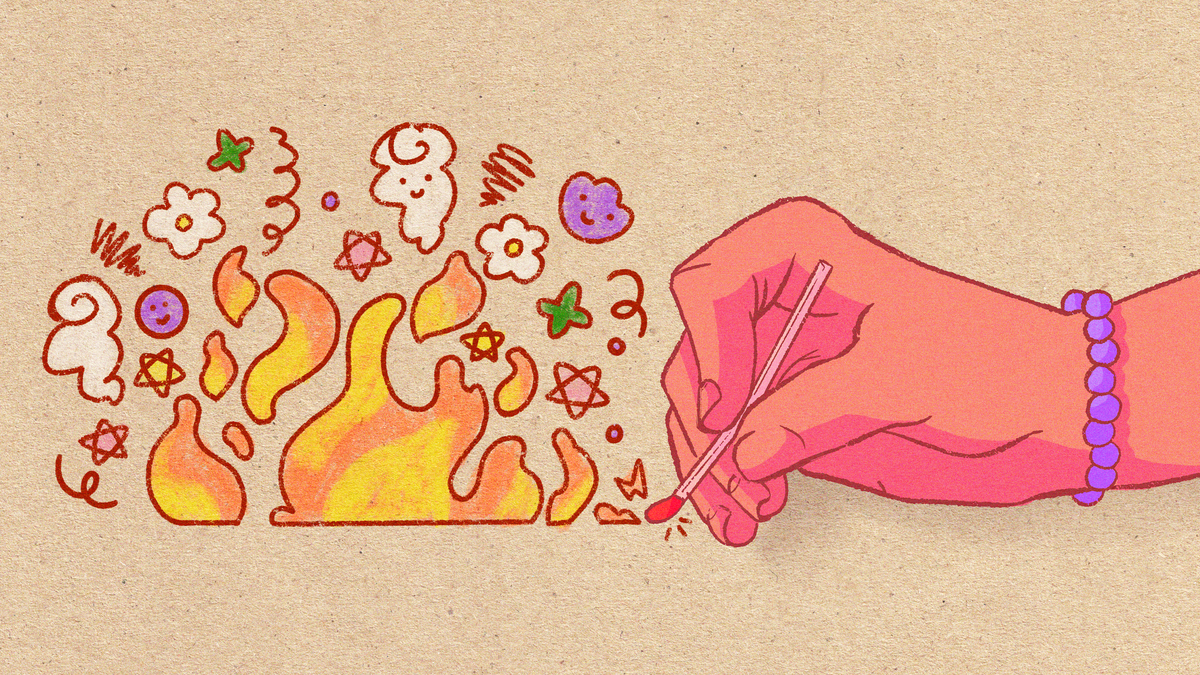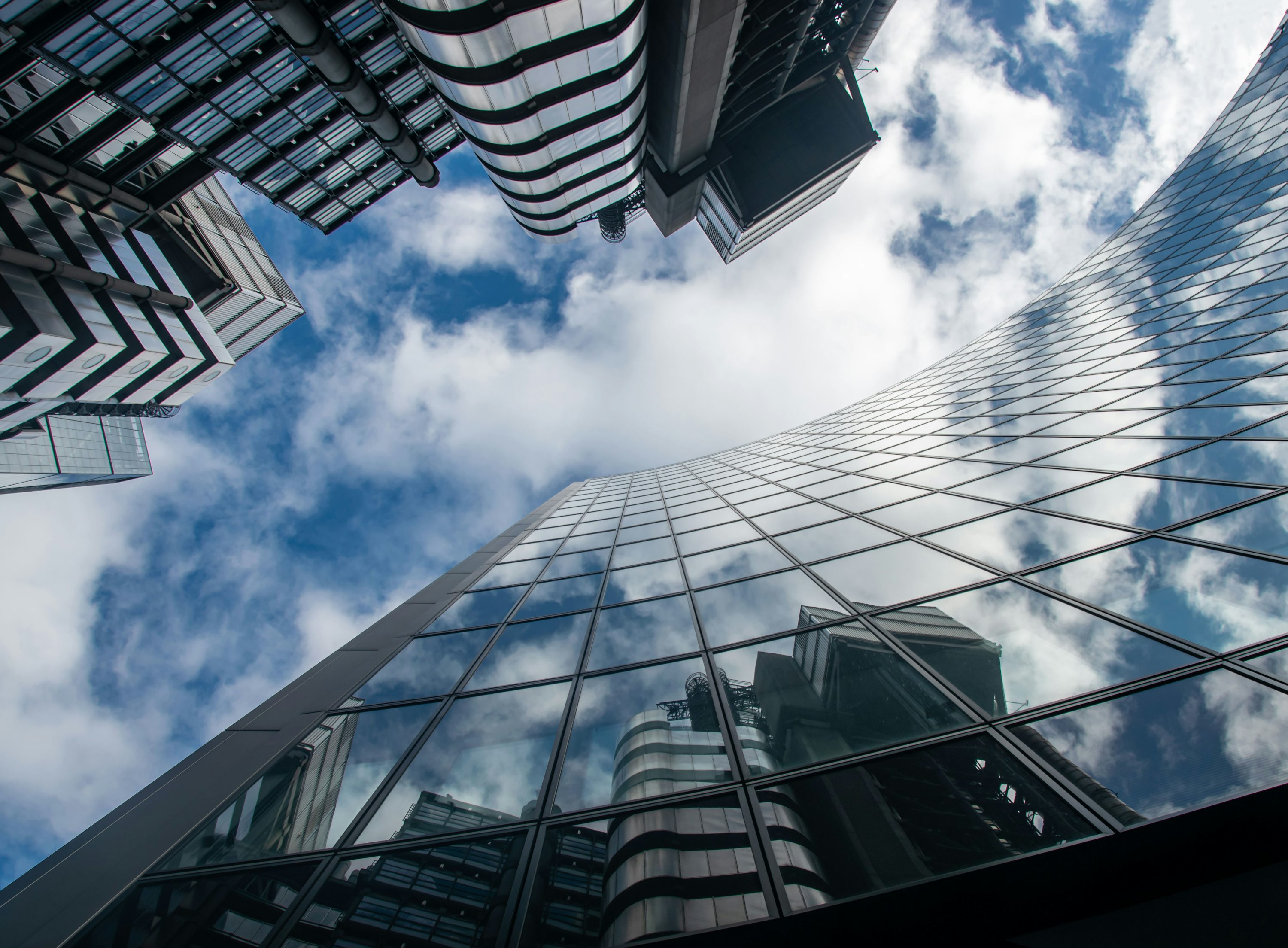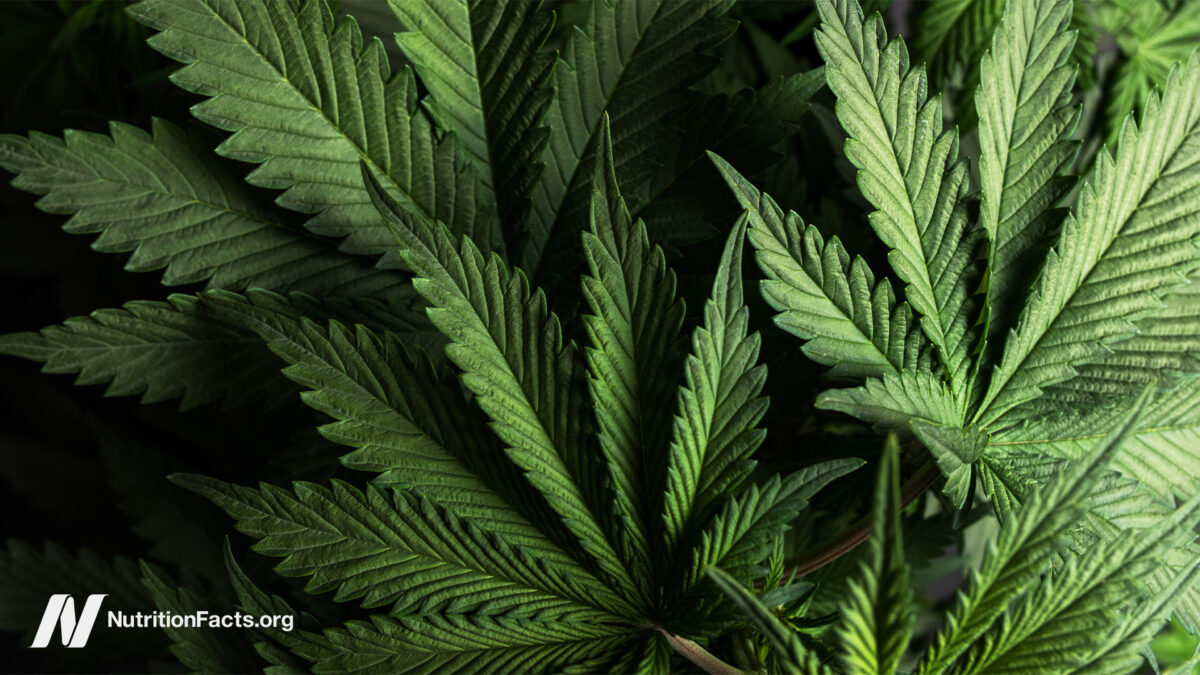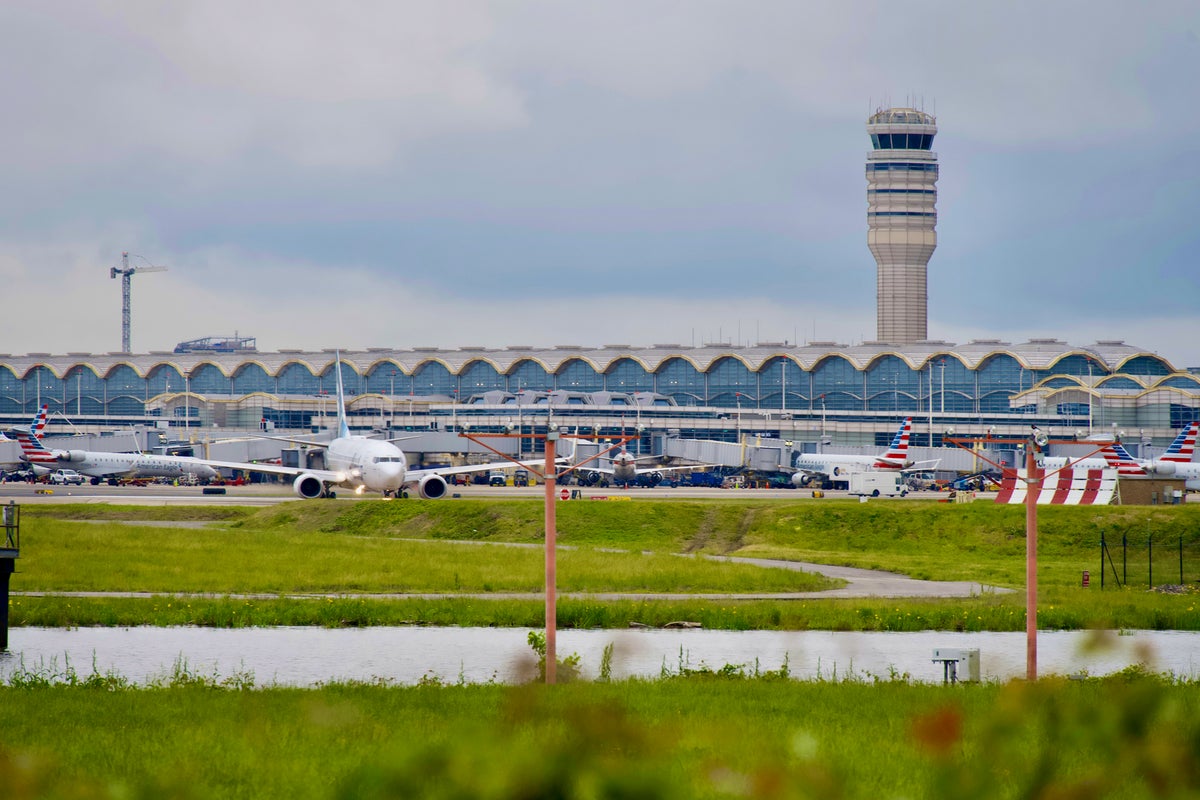Is a ‘staycation’ a holiday at home or a trip inside the UK? The verdict is in
Exclusive: More than 10,000 people responded to a poll with a clear majority saying it means staying at home and making day trips


Sign up to Simon Calder’s free travel email for expert advice and money-saving discounts
Get Simon Calder’s Travel email
“I live in Leeds,” writes Alice Olsen. “If I travel to Cornwall I have most definitely not staycationed … I have gone on holiday.”
Ms Olsen was one of more than 10,800 respondents to a poll on X (formerly Twitter) seeking to establish what people actually think the term “staycation” means.
By a majority of three to two (60.1 per cent to 39.9 per cent), the choice favoured is: “A holiday where you stay at home and make day trips around your local area”.
This was the original meaning of the term when it was first use in North America 80 years ago.
One 18 July 1944 the Cincinnati Enquirer implored citizens to “take a stay-cation not a va-cation”.
The term resurfaced in the US in the early 2000s, to describe more economical use of vacation time by exploring only the local area.
But British travel organisations and journalists soon began to use “staycation” as shorthand for a holiday that happens to be in one’s home nation.
For example, VisitEngland publishes plenty of research material in which “staycation” is taken to mean domestic trips involving an overnight stay.
The term has been used in the same sense byThe Independent and other media have repeatedly used
Yet judging from the social media poll, most travellers believe “staycation” should only be used for its original sense. It would mean that a visit to the Eden Project in Cornwall would count as a staycation only for people living in nearby locations such as St Austell or Lostwithiel.
Rebecca Halpern commented that the term “wrongly implies they’re not proper holidays if you’re not going abroad”.
But Pru Goudie sided with the broader definition meaning a domestic holiday with an overnight stay. She said: “Stay at home and day trip is a ‘daycation’ in my view.”
The Independent is now investigating the use of the term “glamping” to refer to camping with some luxury involved.
As a service for travellers, Independent Travel has compiled a list of similar terms that have no place in the English language.
Join the staycation debate with other Independent readers in the comments section below.
If you want to reply or share your opinion, all you need to do is sign up, submit your comment and register your details. You can also sign up by clicking ‘log in’ on the top right-hand corner of the screen.
Make sure you adhere to our community guidelines, which can be found here. For a full guide on how to comment click here.

 Tfoso
Tfoso 





























.jpg&h=630&w=1200&q=100&v=154b70b92d&c=1)


